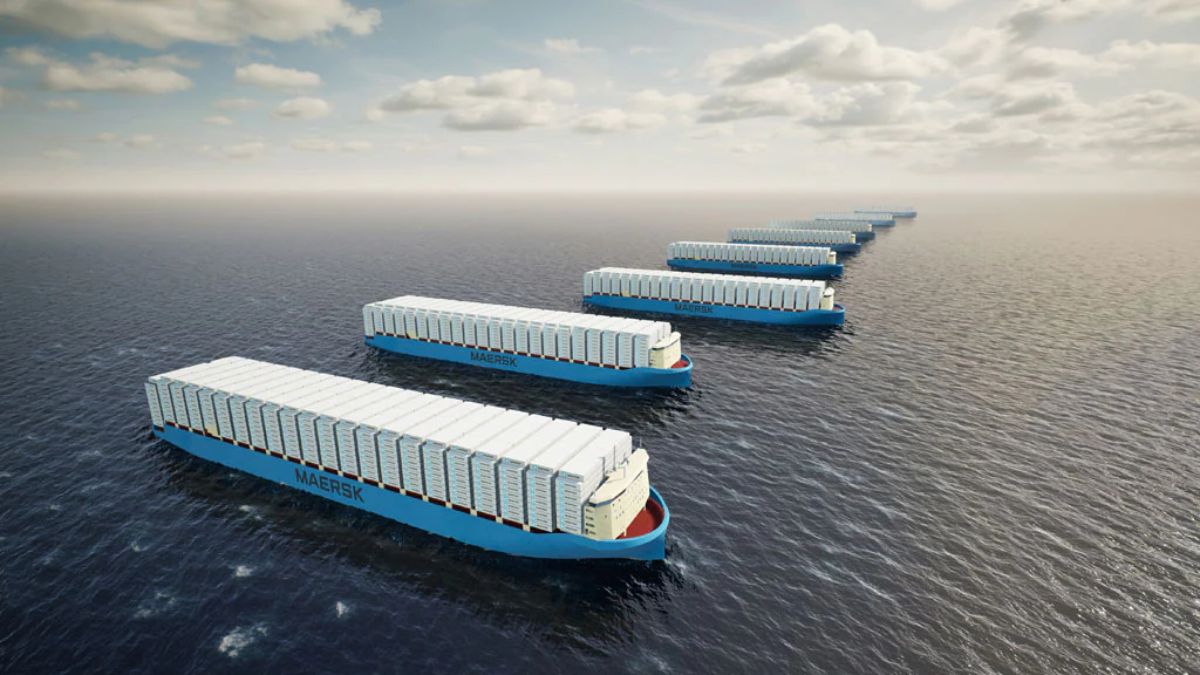Maersk, a global leader in container shipping, has raised concerns about the shortage of clean fuel as the maritime industry intensifies its shift towards greener operations. The shortage presents a significant challenge for the sector, which is under increasing pressure to reduce carbon emissions and adopt sustainable practices.
In a recent statement, Maersk emphasized that while the industry is committed to achieving ambitious environmental targets, the availability of clean fuel, such as green methanol, biofuels, and other low-carbon alternatives, remains limited. This shortage could hinder the progress of global shipping companies in meeting the International Maritime Organization’s (IMO) goals for decarbonization by 2030 and beyond.
The company pointed out that the current supply of clean fuel is not sufficient to meet the growing demand as more shipping lines look to transition their fleets away from traditional fossil fuels. Maersk, which has been at the forefront of the green transition with investments in alternative fuel-powered vessels, noted that the supply chain for these fuels is still in its infancy, leading to high costs and limited accessibility.
The scarcity of clean fuel is partly attributed to the lack of infrastructure and production capacity. Unlike conventional fuels, clean alternatives require specialized facilities for production, storage, and distribution, which are not yet widely available. This has created a bottleneck in the supply chain, slowing down the pace at which shipping companies can adopt these fuels on a large scale.
Maersk’s concerns come at a time when the maritime industry is facing increasing regulatory scrutiny and pressure from environmental groups to accelerate its decarbonization efforts. The company has called for more collaboration between governments, fuel producers, and the shipping industry to address the supply challenges and build a robust infrastructure that can support the widespread use of clean fuels.
To mitigate the impact of the clean fuel shortage, Maersk and other industry players are exploring a range of strategies, including the use of transitional fuels like liquefied natural gas (LNG) and the development of new technologies such as carbon capture and storage (CCS). However, Maersk maintains that these are interim solutions and stresses the need for a long-term commitment to scaling up clean fuel production.
The shipping giant’s warning highlights the complexities involved in the global transition to sustainable maritime operations. While the industry is making strides toward reducing its environmental footprint, the shortage of clean fuel poses a significant hurdle that requires urgent attention from all stakeholders.

